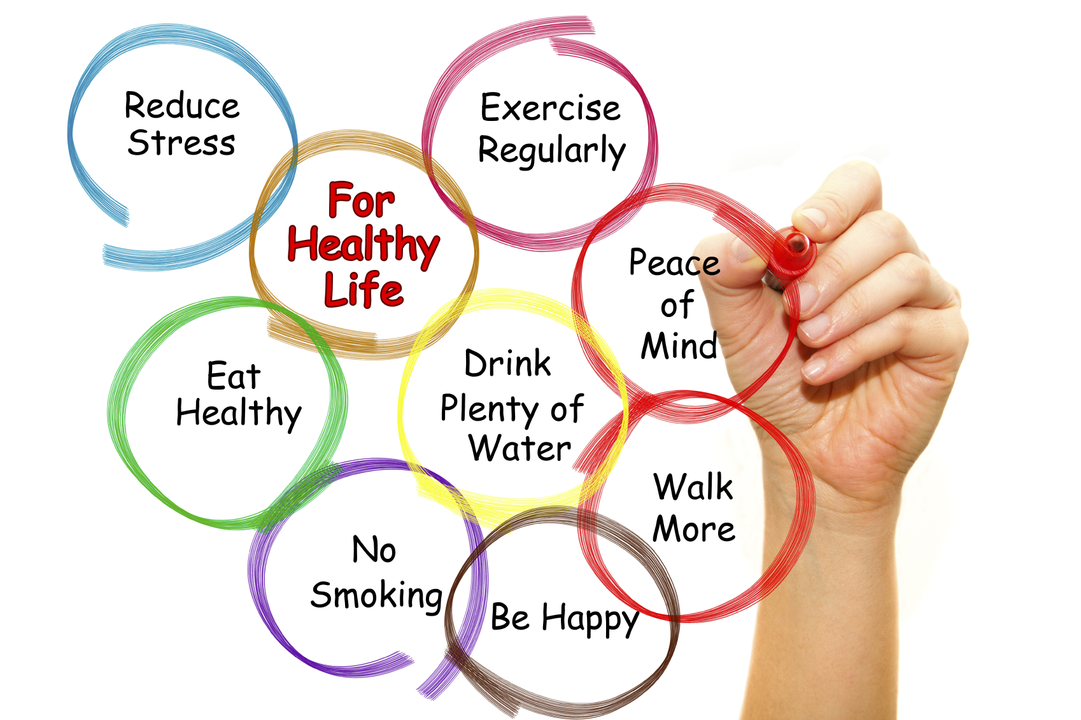Gastroenteritis — often called the stomach flu — hits fast: nausea, vomiting, watery diarrhea, cramps and sometimes fever. Most cases are viral and clear in a few days, but the real danger is dehydration. Here’s a clear plan you can use right away to feel better and keep others safe.
Look for sudden vomiting or loose stools, belly pain, lightheadedness, less urine, dry mouth, or dark urine. Infants, older adults, and people with weak immune systems can get dehydrated quickly. If you see high fever, bloody stool, severe belly pain, trouble breathing, or signs of severe dehydration (no pee for 8+ hours, very sleepy, sunken eyes), get medical help now.
Hydration is the priority. Use a commercial oral rehydration solution (ORS) if you can — it replaces salt and sugar in the right balance. If you don’t have ORS, mix 1 liter of clean water with 6 level teaspoons of sugar and 1/2 level teaspoon of salt. Sip small amounts often (a few teaspoons every few minutes if you’re vomiting). For babies, follow pediatric guidance — breastfed infants should keep nursing; don’t replace feeds with only water.
Eat when you can. Start with bland, easy-to-digest foods: toast, bananas, rice, applesauce, plain potatoes. There’s no need to force the BRAT diet for days; return to a normal balanced diet as appetite returns. Avoid heavy, greasy, or spicy foods until you feel better.
Medicines: For adults, loperamide (Imodium) can reduce diarrhea if there’s no high fever or blood in stool. Avoid loperamide in children unless a doctor says so. Antiemetic drugs can help with persistent vomiting but should be used under medical advice. Antibiotics usually aren’t needed unless a doctor suspects a specific bacterial cause.
Rest and isolation. Stay home while symptoms are active. Viral gastroenteritis spreads easily — keep distance from others, avoid preparing food for them, and don’t return to work or school until 48 hours after symptoms stop.
Prevention tips that actually work: wash hands thoroughly with soap for at least 20 seconds after toilet use and before eating, clean contaminated surfaces with bleach solutions, and avoid sharing towels or utensils. For babies, the rotavirus vaccine protects against the most common severe cases — ask your pediatrician if your child is up to date.
If you travel, be careful with street food and tap water in high-risk areas. For persistent symptoms beyond a few days, bloody stool, or high fever, contact your doctor — they may test stool or start specific treatment. Quick action on hydration and smart hygiene will get most people back on their feet fast.

As a blogger, I've been researching the connection between stress and gastroenteritis, and I've found some interesting insights. It turns out that high stress levels can indeed contribute to the development of gastroenteritis, mainly due to the impact of stress on our immune system. When we're stressed, our body's ability to fight off infection weakens, making us more susceptible to illnesses like gastroenteritis. Additionally, stress can also exacerbate existing stomach issues, making the symptoms of gastroenteritis even worse. So, managing stress is crucial not only for our mental health but also for maintaining a healthy gut!